Filler words are distracting…not to mention annoying.
In speech, they crop up when we don’t know quite how to communicate what we’re trying to say. Filler words crop up in writing for the same reason and have the same effect. Annoying distractions, they muddy the message and communicate almost nothing.
Exercise: Look for these common filler words in your writing. Think of them as red letter words that stop communication. Replace them wherever possible to improve your story.
it – What is it? It is a pronoun that refers back to an antecedent (a noun you used earlier). Many times you can replace it with a synonym for the original noun.
Example:
- It Her nose, all swollen from crying, wasn’t a pretty sight.
there – What’s it there for? See if you can replace generic terms with descriptive words that create images.
- “Put it over there on the desk–anywhere you can find a clean spot.”
very – This adverb emphasizes a higher degree of something. Look for an opportunity to choose a better word or a more colorful phrase.
Examples:
- His nose was very big ginormous.
- She looked very angry like a teapot about to boil over, spewing superheated venom on anyone within range.
really – Like very, this modifier can usually be replaced with something far more interesting. See if there’s a way to show instead of merely telling.
Example:
- Denny really didn’t want to go dragged his feet on the way to class. Math made him really sick nauseous, like the time he got food poisoning. Yup. Algebra could kill.
big – An adjective, but a weak one. Use a thesaurus, if you need one, to find more meaningful words.
Examples:
- He knew at once that his decision was a big mistake catastrophe.
- He knew at once that his decision was a big mistake would lead to an epic fail–a blunder of legendary proportions destined to live eternally in the annals of Whitman High.
little – Another weak adjective, but I’ll bet you’re getting the hang of editing by now.
Search and destroy weak writing!
If you come up with a gem, we’d love to read it your before and after! 🙂 Leave a comment!
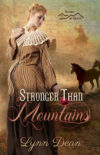
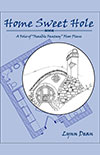
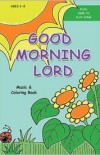
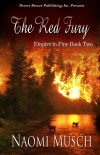
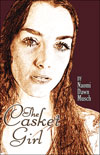
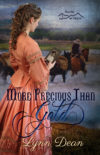


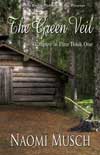

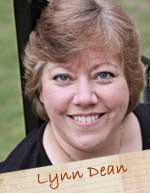


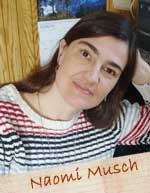


Speak Your Mind
You must be logged in to post a comment.